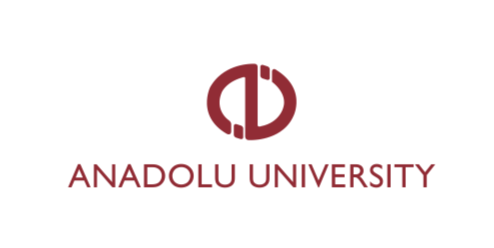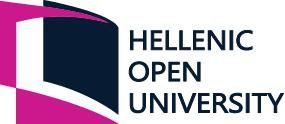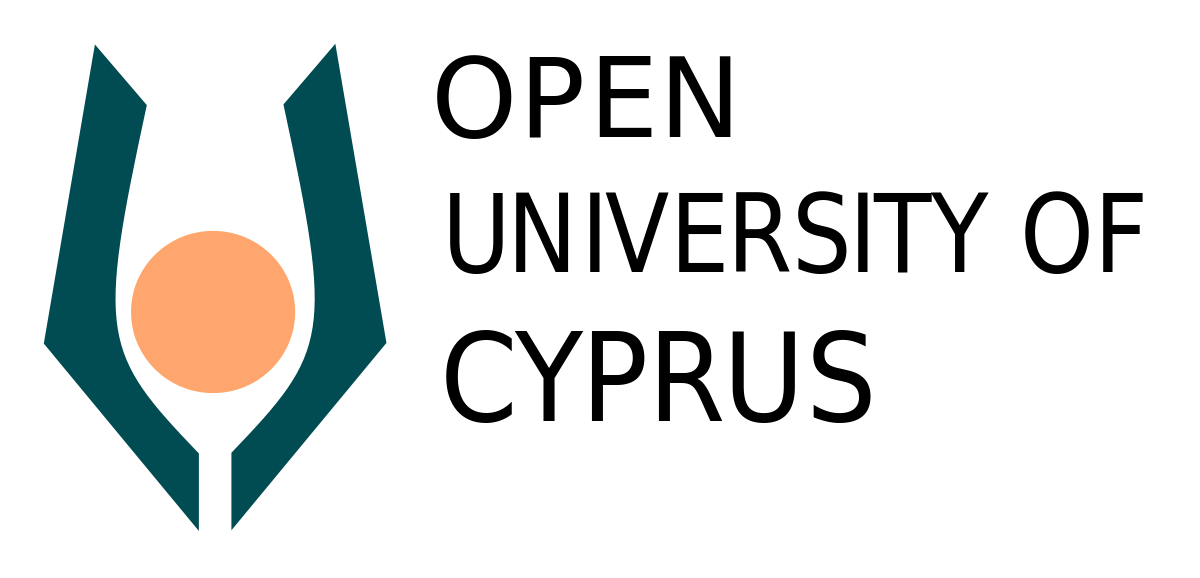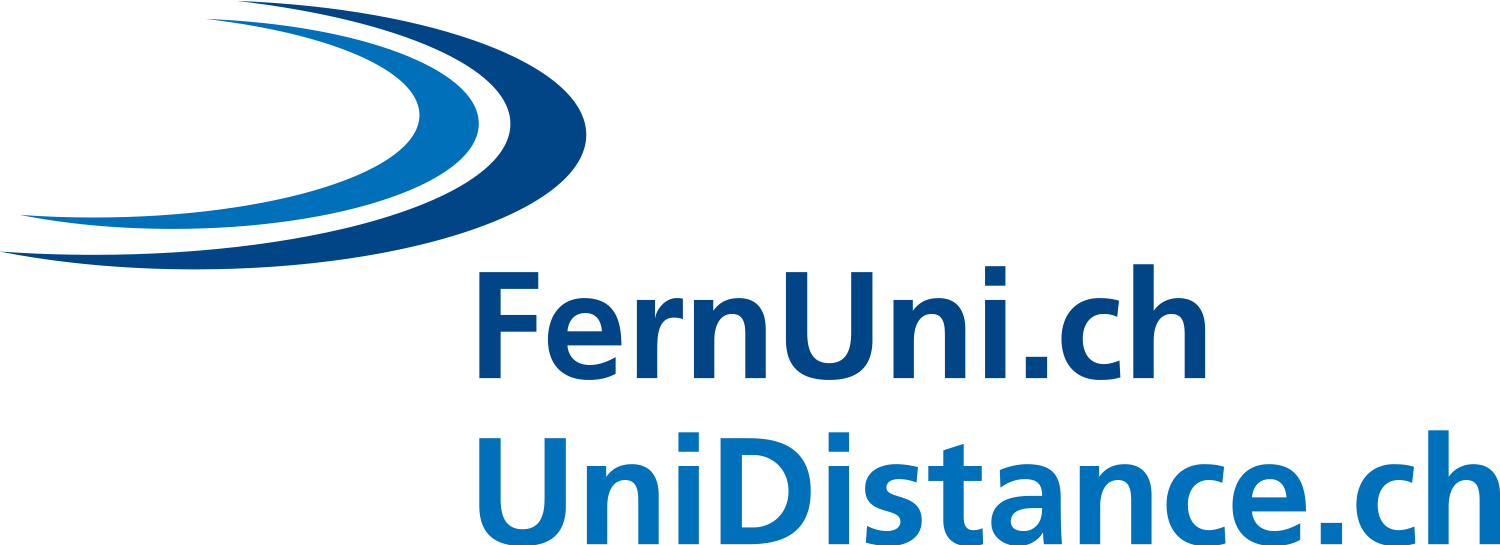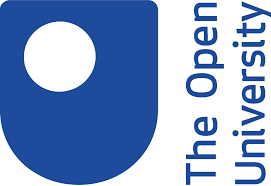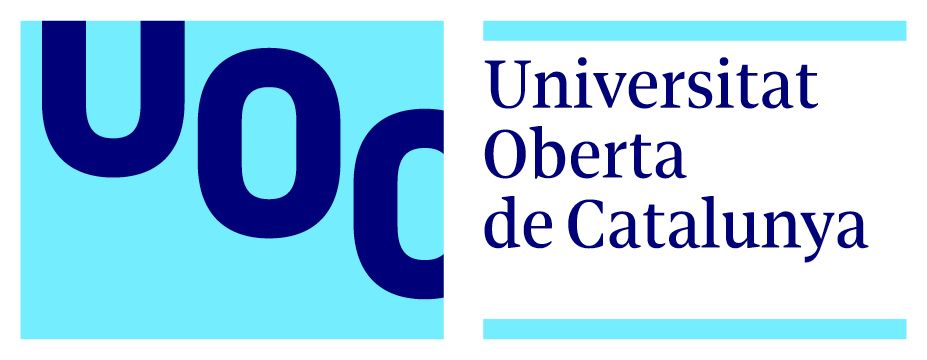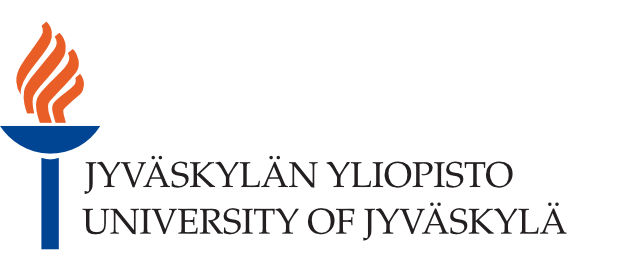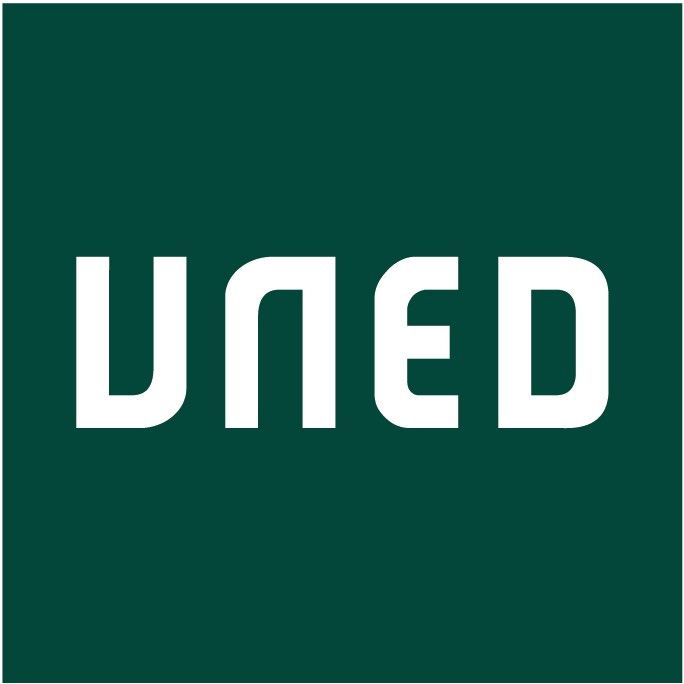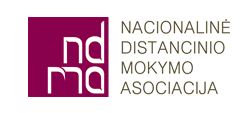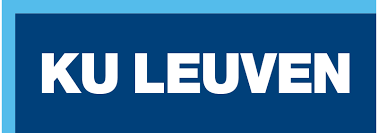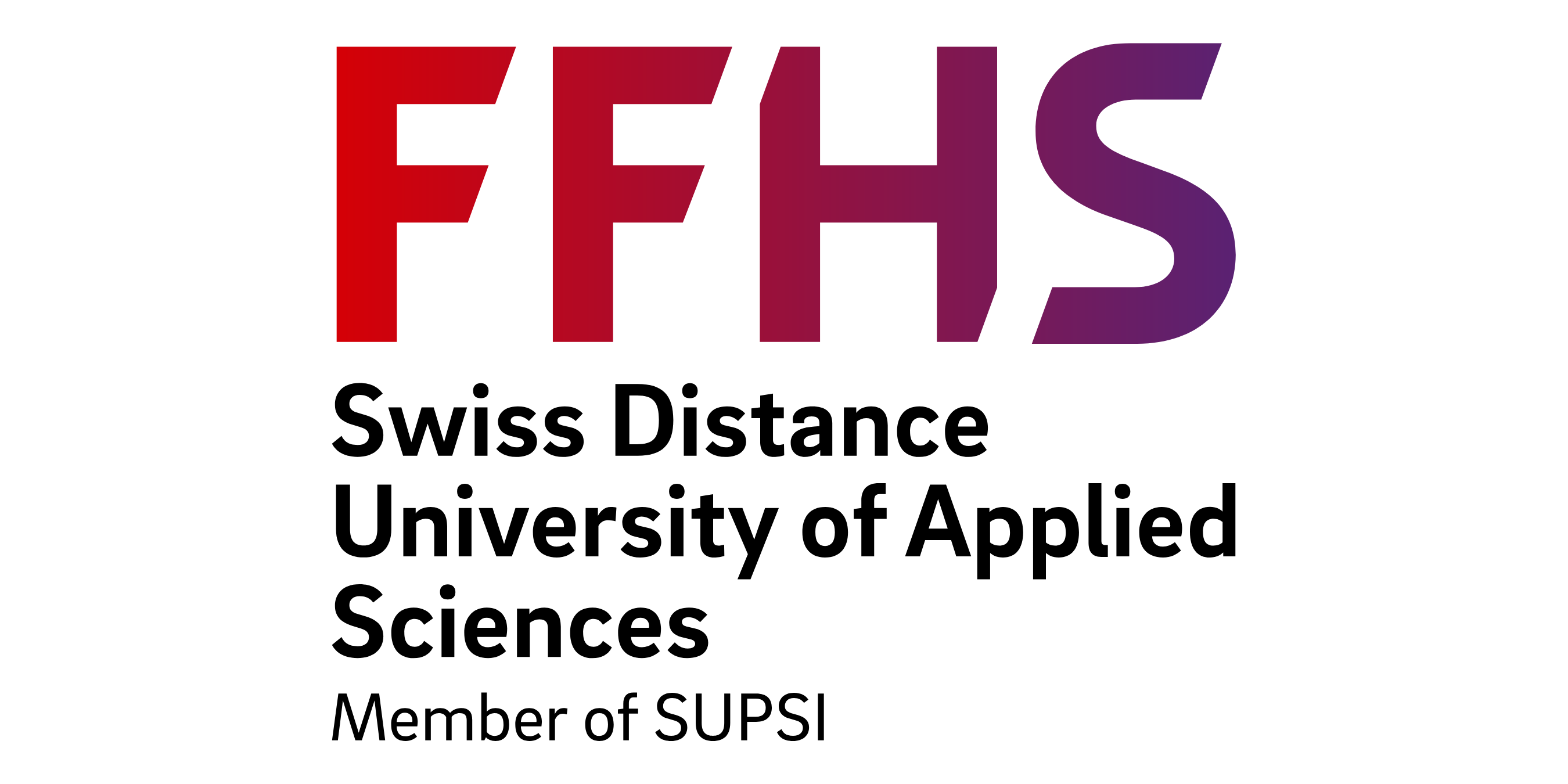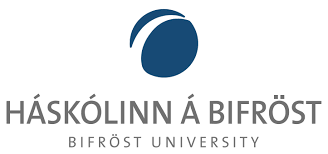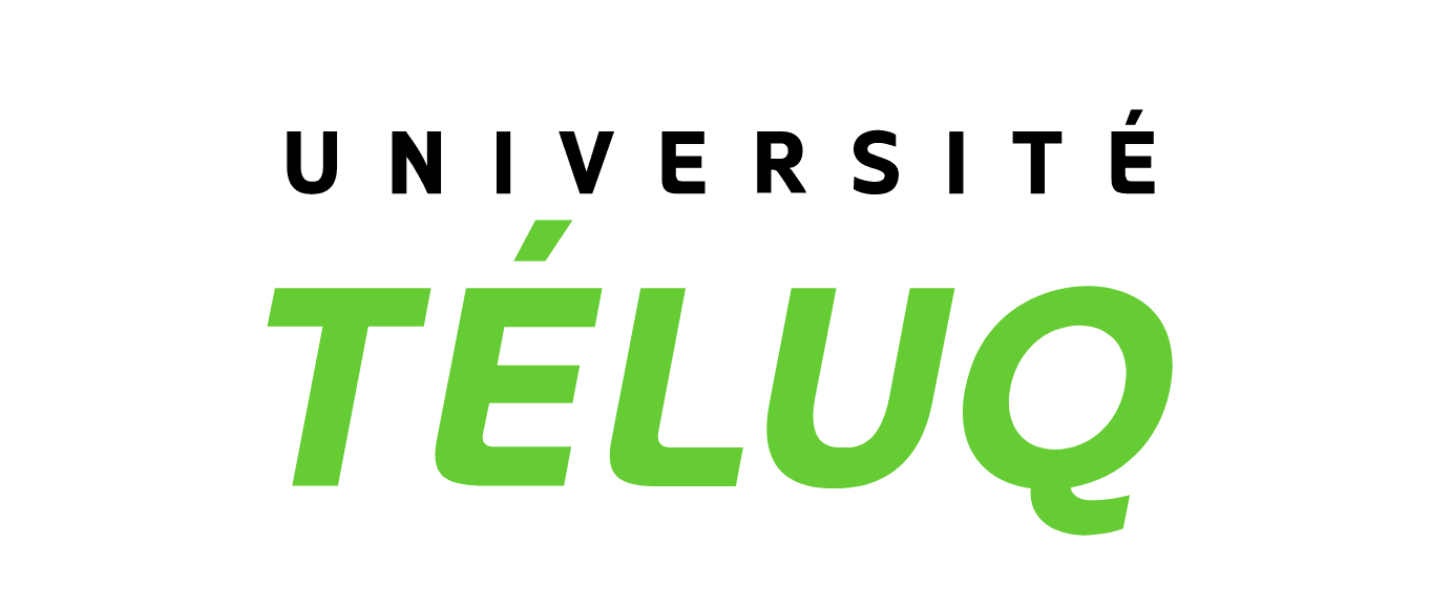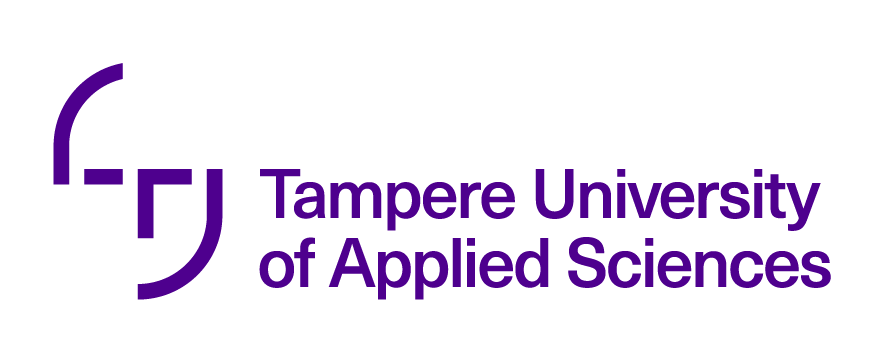Full member | non-profit open and distance teaching universities
Non-profit open and distance teaching universities and departments of universities/institutions for higher education that are responsible for online, open and flexible higher distance education and related research.
-
- fulfilling an exclusive mission of organising online, open and flexible higher education;
- integrated in the formal HE structure of the country of origin, fulfilling all national requirements of quality assurance and accreditation;
- originating from Europe or neighbouring countries that signed the Bologna Declaration;
- willing to participate and initiate programmes, projects and task forces on EADTU level.
Full member | Non-profit associations and consortia of conventional universities
Non-profit associations and consortia of conventional universities that act for institutions for online, open and flexible higher distance education:
- fulfilling a substantial mission of organising online, open and flexible higher education;
- integrated in the formal HE structure of the country of origin, fulfilling all national requirements of quality assurance and accreditation;
- originating from Europe or neighbouring countries that signed the Bologna Declaration;
- willing to participate and initiate programmes, projects and task forces on EADTU level.
Associations referred to are fulfilling a diversity of tasks:
- representing a (national) group of universities in the Board;
- are (national) platforms for the organisation of EADTU activities;
- are the intermediate between EADTU and the member universities behind them, i.e. arranging the participation in projects, the delivery of information, etc;
- supporting their members with regard to multiple aspects of the organization of distance education: the provision of information, consultancy, services (staff training, portals, national intercampus education, international contacts and networking);
- representing national distance higher education at the national, European and global level.
Single university members
Single university membership is applicable for those universities that are performing on the range of the following criteria.
- fulfilling a mission of organising online, open and flexible higher education;
- integrated in the formal HE structure of the country of origin, fulfilling all national requirements of quality assurance and accreditation;
- originating from Europe or neighbouring countries that signed the Bologna Declaration;
- willing to participate and initiate programmes, projects and task forces on EADTU level;
Associated members
Organisations that are fulfilling the criteria of full membership mentioned above but not originating from Europe or neighbouring countries that have signed the Bologna declaration.
